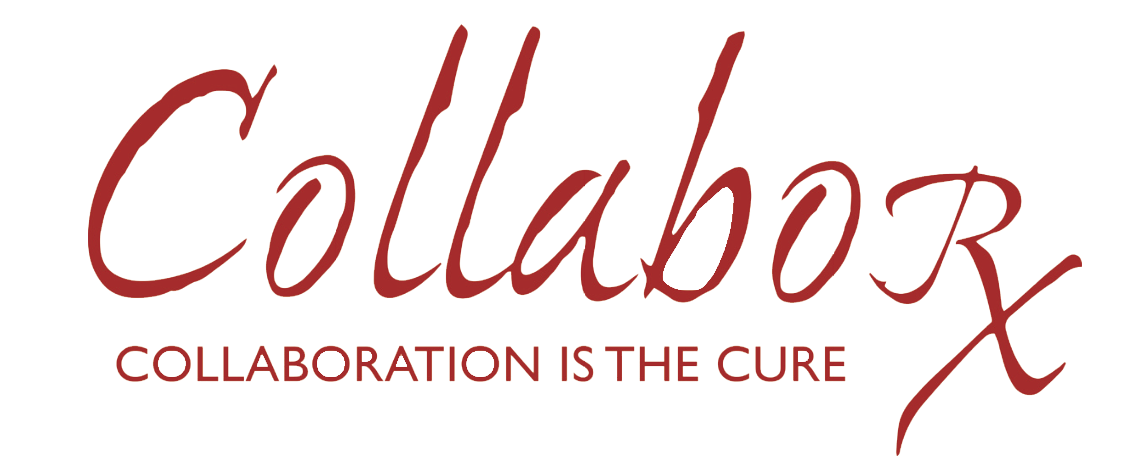

From Crains: May 1, 2024.
Northeast Ohio is about to get a new nonprofit, which will be focused on incorporating nature into kids' education and environments to improve educational, health and social outcomes.
Because Tom Tyrrell just can't help himself.
Once a serial entrepreneur who, after 33 years as a CEO for various steel companies, co-founded local companies such as the financial processing firm Segmint and the private equity firm Glengary LLC, Tyrrell seems to have become a serial nonprofiteer.
He previously, in partnership with the Ohio Aerospace Institute, co-founded the Great Lakes Biomimicry Institute, a nonprofit that works with businesses and educators to explore how engineering problems can be solved by copying systems already at work in nature.
Now Tyrrell wants to make Northeast Ohio a national model for how to incorporate nature into kids' education, and also how to use it to make their home environments better to address behavioral and other health issues.
Tyrrell said he's forming a nonprofit to do that. He'll use an informal entity called CollaboRx, which he already uses to help local nonprofits with nature-based missions on his own, and turn it into a formal 501(c)(3) entity in about the next six months, he said.
“I've expedited my plans based on the response I've gotten to this,” Tyrrell said in an interview Monday, April 29. “I'm going to start functioning right now, but I'm going to get that done within the next six months.”
He was speaking between sessions at an event he organized and hosted at the Aerospace Institute near Cleveland Hopkins International Airport. Tyrrell said he asked 71 people to attend an event that would kick off a local collaboration on nature-based education.
“Only one person turned me down,” he said, noting that 70 showed up for his event.
Not only did they show up, but they stayed all day. The room was still full when the afternoon breakout groups were finishing up their final sessions after 4 p.m., capping a day that started with a breakfast at 7:15 a.m.
The audience represented most of the best-known local organizations involved with nature, conservation and education, including Cleveland Metroparks Zoo, Akron Zoo, Western Reserve Land Conservancy, Summit Metro Parks, Cleveland Metroparks, Cuyahoga Valley National Park, Girl Scouts of NEO, Holden Arboretum/Cleveland Botanical Gardens and the Cleveland Museum of Natural History.
They heard from speakers such as Tyrrell, Land Conservancy CEO Rich Cochran and Cleveland Zoo Executive Director Chris Kuhar, before breaking into working groups to discuss ways a new entity could help foster more nature-based education and neighborhood improvements.
They told Tyrrell they'd like to see things ranging from ways to improve the tree canopy in impoverished and unshaded neighborhoods to building tools by which their organizations could better collaborate and coordinate their efforts.
The effort should and will be about far more than just getting more urban kids into Northeast Ohio's abundant parks, said Tyrrell and those in attendance - though that is part of what needs to be done. It's also about incorporating nature into more classroom instruction, exposing kids to nature-based learning institutions and museums that already exist, teaching them how to seek out and enjoy nature on their own, and about getting more and better natural features, including trees, into the neighborhoods where they live.
To do that, Tyrrell said he has lined up all the help he'll need from people who have volunteered to do pro- bono work for a new nonprofit for 12-15 months. They include legal, financial, marketing and other business professionals, as well as lobbyists, Tyrrell said.
“Any of the time that I put in and any of the costs that I accumulate will be pro bono. And then 12 service partners will be working pro bono as well,” he said.
Tyrrell figures he can make the new organization able to stand on its own by the time the pro-bono work is done, at which point he hopes to fund it mostly with state and federal grants.
Tyrrell said he won't seek or accept grants from local or regional sources because he doesn't want the new nonprofit to compete with its own collaborators for local funding.
“I do not want to impair the collaborators that we have from getting their funding,” Tyrrell said. “I've committed to them we're going to complement their ability to raise funds, not hinder it.”
Tyrrell seems already to have garnered ample support for the effort, illustrated beyond the recent turnout by the reviews people gave to what they heard at Tyrrell's meeting.
“I'm excited about the collaboration aspect, and about building a big team and platform so we can serve the maximum number of people and also raise the consciousness about this and do some fundraising,” Cochran said. “I obviously believe strongly in the subject matter. There's no question, based on scientific research, that children learn best if they're exposed to natural elements.”
That should surprise few people, and even fewer who spend considerable time outside as a child.
After all, Cochran notes: “That's how we evolved when we were children 10,000 years ago. ... We all learned from nature.”